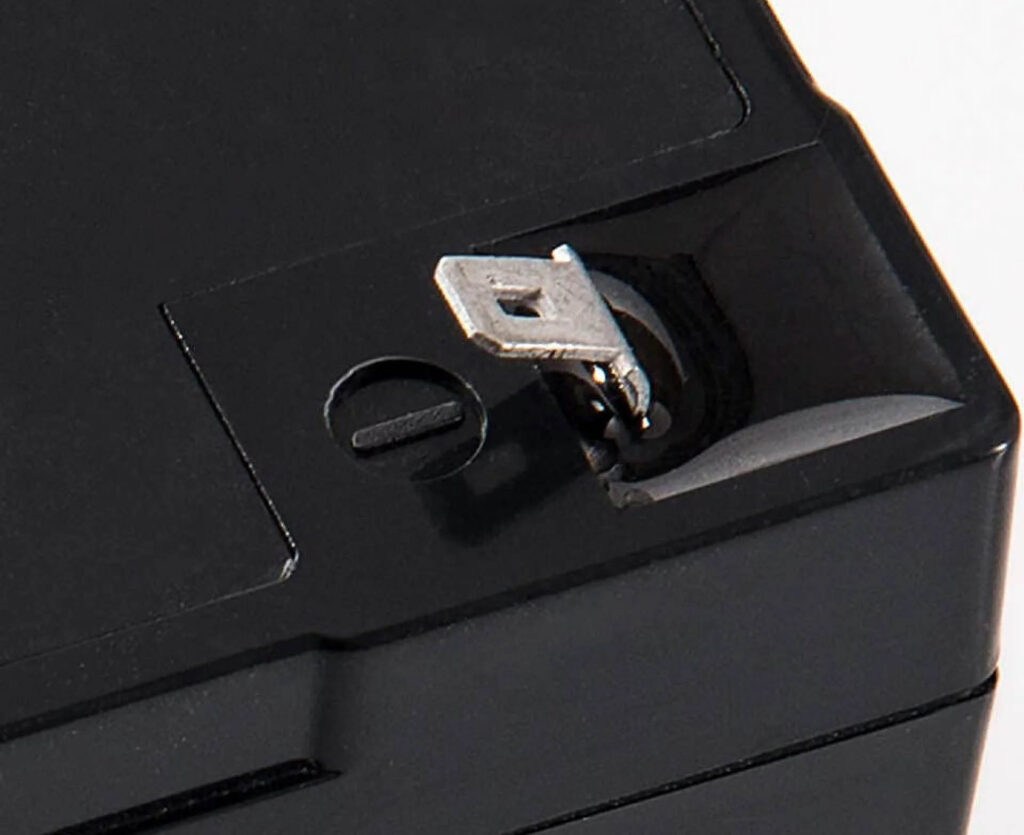Using lead-acid batteries in summer requires careful attention to several factors to ensure their safety, longevity, and optimal performance.
Temperature Control
- Cool Environment:
- Store and operate batteries in a cool, shaded location to prevent overheating.
- Use fans, ventilation, or air conditioning to help maintain a lower ambient temperature around the batteries.
- Avoid Direct Sunlight:
- Keep batteries out of direct sunlight as it can significantly increase their temperature.
Maintenance
- Regular Checks:
- Frequently check the electrolyte levels and top up with distilled water if necessary. High temperatures cause faster evaporation of the electrolyte.
- Inspect battery terminals and connections for corrosion and clean them if needed.
- Electrolyte Level:
- Ensure the electrolyte covers the battery plates to prevent damage. Use only distilled water to top off the electrolyte.
Charging Practices
- Proper Charging:
- Avoid overcharging, which can lead to excessive heat buildup. Use a temperature-compensated charger if available.
- Monitor charging voltage and adjust according to temperature. High temperatures may require a lower charging voltage.
- Avoid High-Temperature Charging:
- Try to charge the batteries during cooler parts of the day, such as early morning or late evening.
Load Management
- Reduce Load:
- Minimize the load on the battery during the hottest part of the day to reduce heat generation.
Inspection and Replacement
- Regular Inspection:
- Look for signs of physical damage, such as bulging, cracks, or leaks in the battery casing, which could indicate heat damage.
- Replace any batteries showing signs of damage promptly.
Storage
- Proper Storage:
- If storing batteries for an extended period in hot weather, ensure they are fully charged and kept in a cool, dry place.
- Avoid placing batteries directly on concrete floors; use a wooden pallet or another insulating material.
Use of Insulating Materials
- Thermal Insulation:
- Use battery insulation kits or thermal blankets to protect batteries from extreme temperature fluctuations.
Safety Precautions
- Ventilation:
- Ensure good ventilation to dissipate heat and prevent the buildup of explosive gases, especially during charging.
- Handling:
- Handle batteries carefully to avoid spills and leaks, and always use protective gear when performing maintenance tasks.
By paying attention to these factors, you can help ensure that your lead-acid batteries remain efficient and safe to use throughout the summer months.


